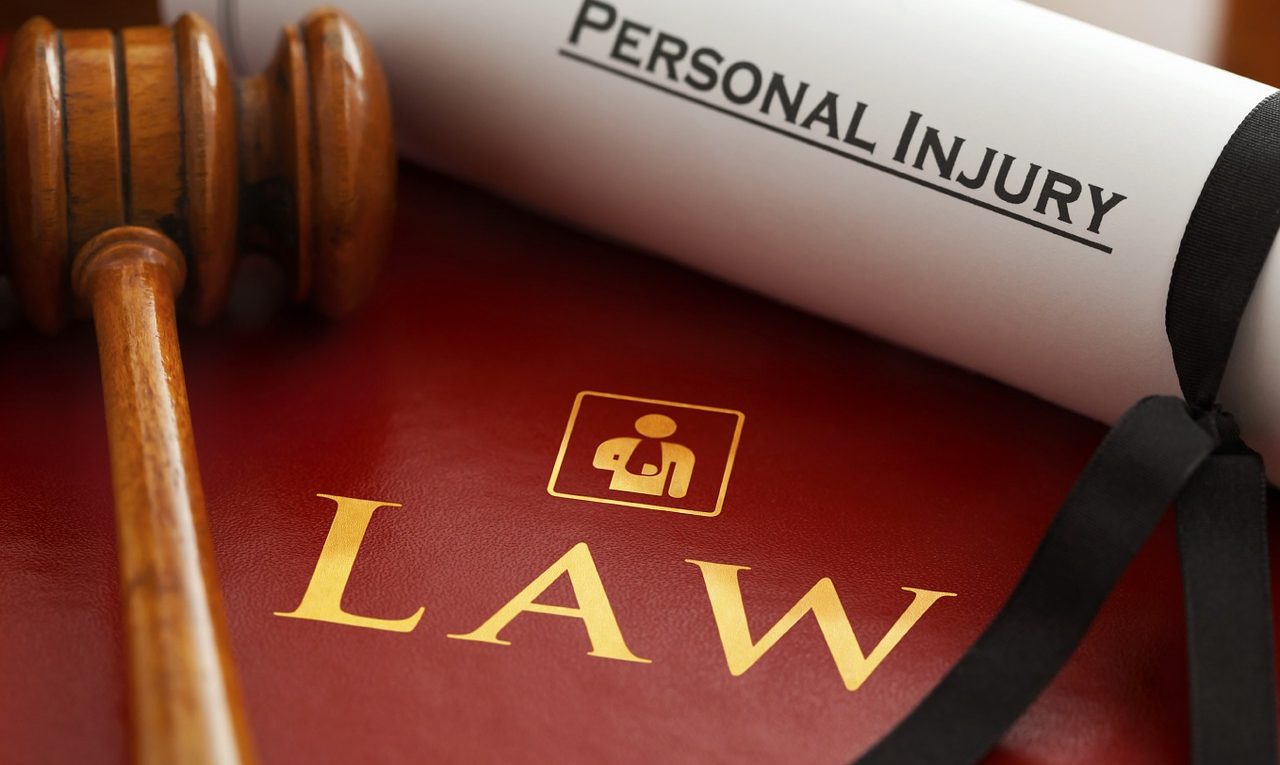Experienced Workplace Injury Lawyer | Top US Legal Representation
In the hustle and bustle of today’s work environment, accidents can happen despite our best efforts. Whether it’s a slip and fall, repetitive strain injury, or a more severe incident, workplace injuries are unfortunately quite common. If you’ve been lawyer for injury at work, it’s crucial to understand your legal rights and the steps you can take to ensure you receive the compensation you deserve.
1. Know Your Rights
In the United States, workers’ compensation laws are designed to provide financial support and medical benefits to employees who suffer work-related injuries or illnesses. Here’s what you need to know:
- Workers’ Compensation Coverage: Most employers are required by law to carry workers’ compensation insurance, which covers medical expenses, lost wages, and rehabilitation costs. In return, employees typically forfeit the right to sue their employer for negligence.
- Immediate Reporting: To qualify for workers’ compensation, you must report your injury to your employer as soon as possible. Most states have specific deadlines for reporting injuries, so prompt notification is crucial.
- Medical Treatment: You have the right to receive medical treatment related to your injury. Make sure to follow your doctor’s advice and keep detailed records of your treatment.
2. Filing a Workers’ Compensation Claim
Filing a claim can seem daunting, but understanding the process can help ease your concerns:
- Documentation: Gather all relevant information, including medical records, witness statements, and any incident reports. Proper documentation supports your claim and ensures all aspects of your injury are considered.
- Claim Form: Complete the workers’ compensation claim form provided by your employer or their insurance company. This form will require details about your injury, treatment, and how it occurred.
- Claim Submission: Submit the claim form to your employer’s workers’ compensation insurance provider. Be sure to keep copies of all documents and correspondence related to your claim.
3. Types of Compensation
Workers’ compensation can cover various types of compensation, depending on the severity of your injury:
- Medical Benefits: Covers costs for medical treatments, prescriptions, and rehabilitation.
- Temporary Disability Benefits: Provides partial wage replacement if you are unable to work temporarily due to your injury.
- Permanent Disability Benefits: Offered if your injury results in a permanent impairment that affects your ability to work.
- Vocational Rehabilitation: Assists with training or education if you need to change careers due to your injury.
- Death Benefits: In tragic cases where an injury results in death, benefits may be available to the deceased employee’s dependents.
4. Legal Assistance
Navigating the workers’ compensation system can be complex, and having an experienced attorney can make a significant difference. A lawyer specializing in workplace injuries can:
- Advise on Legal Rights: Ensure you understand your rights and options throughout the claims process.
- Handle Paperwork: Assist with completing and submitting necessary forms and documentation.
- Negotiate Settlements: Help negotiate fair settlements with insurance companies and represent you in disputes.
- Represent in Appeals: Provide representation if your claim is denied or if you disagree with the compensation awarded.
5. Protect Yourself
To avoid complications and ensure your claim is handled properly:
- Follow Procedures: Adhere to all reporting and documentation requirements.
- Seek Medical Attention: Get prompt and thorough medical treatment for your injury.
- Consult an Attorney: Consider legal representation to protect your rights and navigate the claims process effectively.
Conclusion
Suffering an injury at work can be a challenging and stressful experience. Understanding your rights and the steps you need to take can help alleviate some of that stress and ensure you receive the compensation and support you need. If you’ve been injured at work, don’t hesitate to seek professional legal assistance to guide you through the process and advocate on your behalf.
